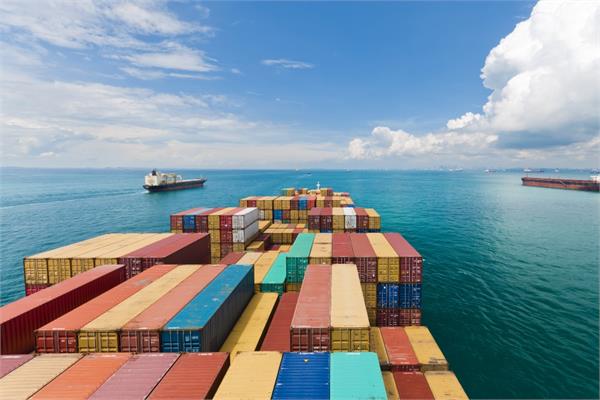
A new Jotun study based on MRV data reports that vessels using Jotun HPS register a 20% lower carbon intensity in operations.
Jotun, a provider of antifouling and application technologies, has published its study based on the European Union Monitoring, Reporting and Verification (MRV) data, revealing that vessels using Jotun Hull Performance Solutions (HPS) reported a 20% lower carbon intensity on average in operations compared to similar solutions in 2019 and 2020.
HPS enable vessel owners and operators to maximise hull performance by reducing both fuel costs and greenhouse gas emissions. Cross-checked statistics also indicate lower carbon emissions (49%) and a 10% advantage over vessels using some “low-friction” foul-release silicone coatings. The internal study of the company investigated major cargo vessel types such as bulk carriers, chemical tankers and oil tankers, with a dataset of almost 9,000 vessels. The emissions report was verified by accredited parties.
Vessel owners cannot simply rely on the “out-of-dock” effect of a hull maintenance: with the Carbon Intensity Index (CII) – focused on the yearly reduction in emissions during operations – set to be implemented by IMO in 2023, they will need a reliable and effective antifouling solution that will perform consistently throughout the service interval. A cleaner hull with minimal fouling ensures that a vessel has less resistance when sailing, so it will require less power and fuel for the same speed, thus reducing the amount of carbon dioxide released.
“We thank our customers for their trust in our Hull Performance Solutions and the return on investment it delivers over the service interval,” satated Stein Kjolberg, Global Category Director for Hull Performance at Jotun. “Vessels using Jotun’s HPS typically have farsighted owners and operators that are willing to invest to achieve the most efficient operations. They are not too focused on the immediate cost of dry docking or short-term returns. They know the resulting fuel savings will eventually outweigh the upgrade cost of antifouling and other similar investments many times over. The fact that fuel savings translate directly into lower carbon emissions will further add to the return on investment in that stakeholders in the shipping industry will more strongly prefer and reward vessels with lower carbon emissions moving forward.”